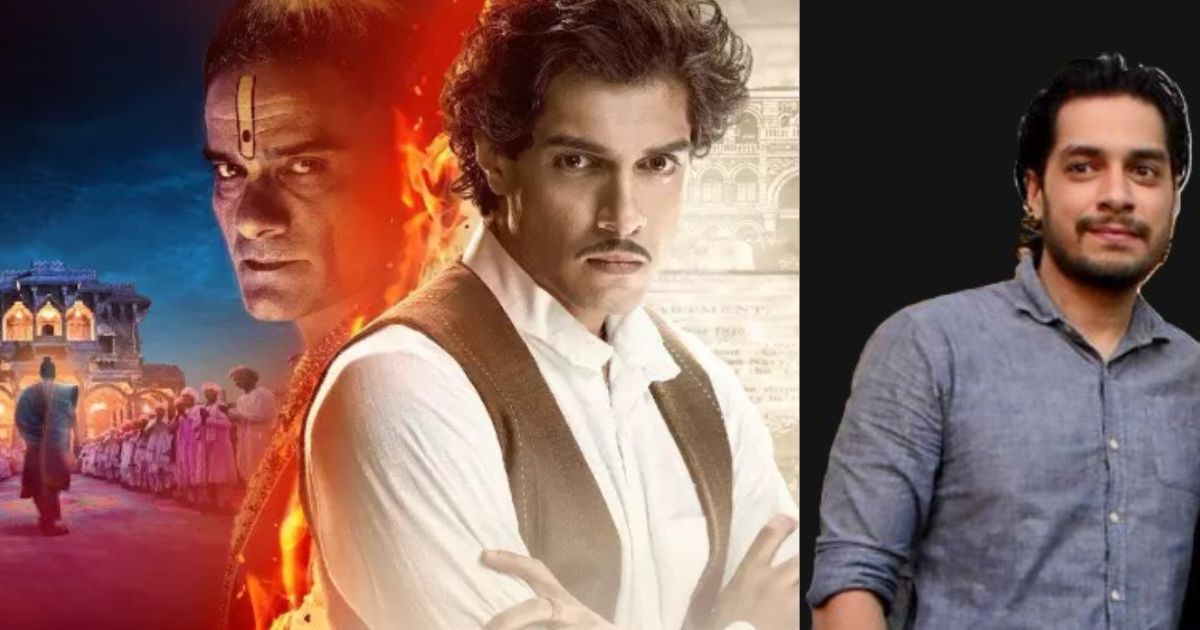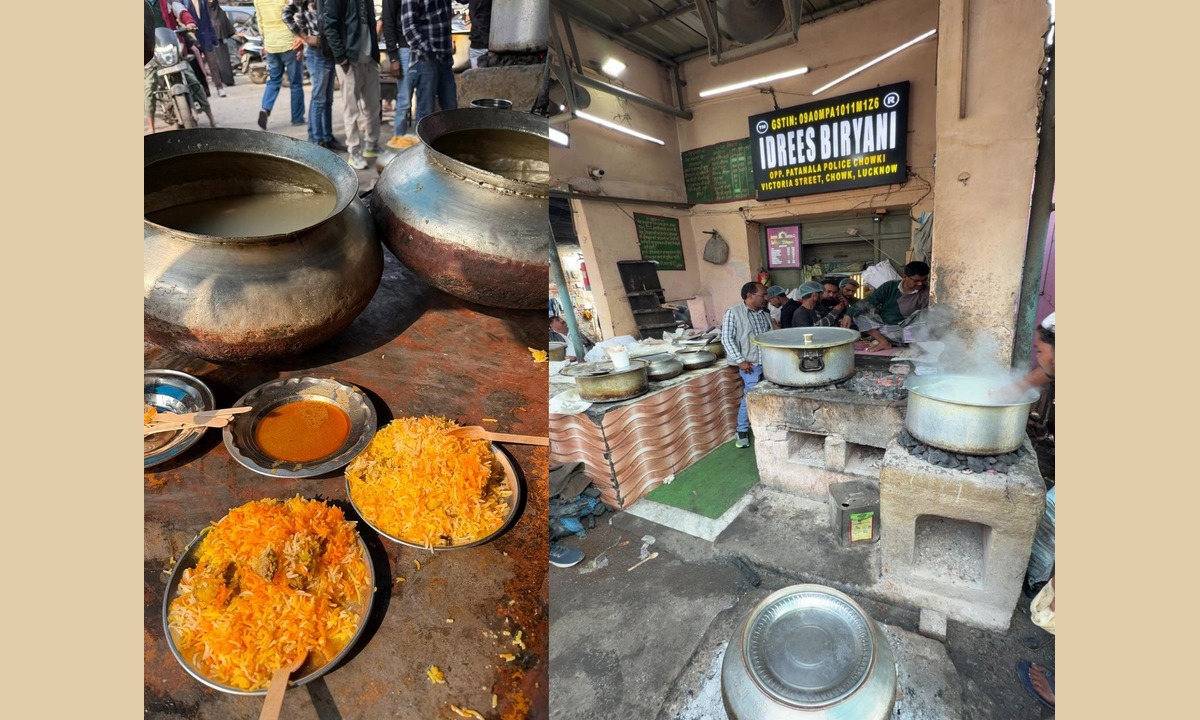
Even as Aamir Khan's son Junaid Khan was set to make a low-key debut in Bollywood with the movie "Maharaj" on Netflix, the film has run into legal trouble resulting in the Gujarat High Court restraining the OTT platform from releasing it. The controversy arose over the plot of the movie which is based on the life of Karsandas Mulji, a journalist and prominent socialfigure in pre-independent India.
Why the Controversy?
The controversy erupted over allegations of hurting religious sentiments in portraying Mulji and the Maharaj Libel Case of 1861.
The Background
In the mid-19th century, the Pushtimarg sect, a Hindu Vaishnavite community, held considerable sway in Gujarat and Maharashtra. The sect was led by the Maharajs, spiritual leaders revered by their followers. The Maharajs were seen as divine incarnations, with a significant portion of the community's social and religious life revolving around their teachings and practices. However, their elevated status was not without controversy, and rumours of moral and ethical transgressions began to surface.
The spark for the libel case was an article published in "Satya Prakash," a Gujarati weekly newspaper. The publication, edited by Karsandas Mulji, aimed to expose the alleged misdeeds of the Maharajs. It accused the Maharajs of immoral conduct, including sexual exploitation of female devotees. These allegations were explosive, given the Maharajs' revered status and the tight-knit nature of the Pushtimarg community.
In response, a prominent leader of the sect filed a defamation lawsuit against Karsandas Mulji. The case was brought before the Supreme Court of Bombay, then a pivotal institution in the colonial legal system. The trial, which began in 1861, was presided over by Sir Matthew Sausse, the Chief Justice of Bombay.
The Maharaj's legal team argued that Mulji's accusations were baseless and defamatory, designed to tarnish the reputation of the sect and its leaders. They contended that the allegations of sexual misconduct were not only false but also a direct attack on the religious sentiments of the Pushtimarg followers. On the other hand, Mulji's defense argued that his article was based on credible information and aimed at exposing genuine social issues, thus serving the greater good.
The trial attracted widespread public attention, with the courtroom often packed with spectators. The case extended over several months, with numerous witnesses called to testify. In a landmark judgment, Chief Justice Sausse ruled in favour of Karsandas Mulji. The court held that Mulji had acted in the public interest and that his article, though critical, was based on reasonable grounds. The verdict was a significant victory for the freedom of the press and set a precedent for future cases involving defamation and public interest journalism.
Popular Categories
Read More Articles
Travel and Tourism
Travel to Thailand gets costlier: International passenger service fee to jump 53% from June by Awadh 360° Desk February 22, 2026Travel and Tourism
Thailand Extends Visa-Free Stay for Indians to 60 Days, Allows 30-Day Extension by Awadh 360° Desk February 19, 2026Travel and Tourism
Lucknow or Zaike: A City Remembered Through Taste by Mohammed Syed Zaid February 11, 2026Business
What's Up With WhatsApp? by Prateek Shukla February 9, 2026



